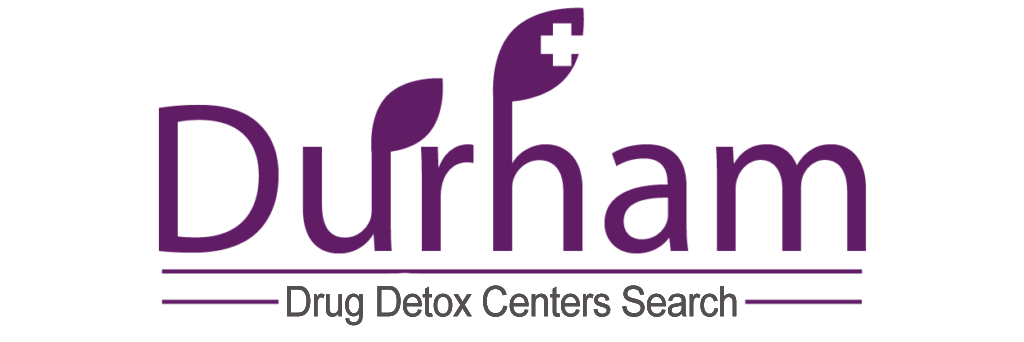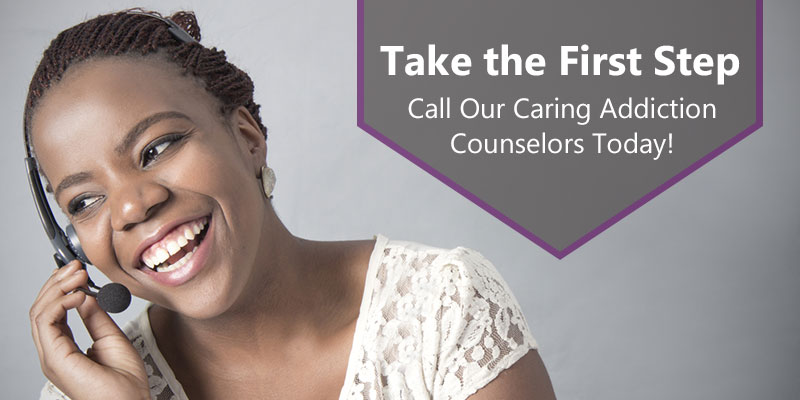Prescription Drug Abuse: Breaking the Addiction When You Have a Co-Occurring Disorder
An addiction to prescription drugs can be extremely difficult to overcome, and this is even more true when a co-occurring disorder exists along with your addiction, known as a dual diagnosis. In fact, according to the National Alliance on Mental Illness (NAMI), nearly 40% of alcohol abusers and over half of all other substance abusers suffer from another mental illness as well. These can include behavioral addictions, such as gambling or shopping addictions, eating disorders, or mental illnesses such as bipolar disorder, schizophrenia, or obsessive-compulsive disorder.
Why Do So Many Mental Health Patients Become Addicted to Prescription Drugs?
One of the number one reasons, of course, is that they are prescribed. Although the use of prescription medications can be useful to relieve the symptoms of a mental illness while a more permanent solution is sought, long-term use – even under the supervision of a doctor – can easily lead to physical dependence and a mental addiction. For those who are addicted to prescription drugs off the street, many find that their use alleviates symptoms of a mental disorder that they didn’t even know they had.
Whether you have a legal prescription or not, prescription drug addiction is a serious problem that can lead to job loss, relationship problems, health complications, and even the possibility of death. Furthermore, any substance abuse addiction may reduce symptoms of an existing mental health disorder in the short-term, only to make them worse in the long-term. Many of the same types of therapies that are used in addiction treatment, such as cognitive-behavioral therapy, can also help you learn to cope with another mental disorder.
Living Prescription Drug-Free After Addiction Treatment
For a small number of patients, continuing a closely monitored regimen of prescription medication after addiction treatment may be the best option. For the majority, however, a co-occurring mental disorder can be managed without the use of prescription medication. Use these tips to manage your mental health illness after treatment without the use of prescription drugs:
- Keep a good support system. A network of friends, family members, and sponsors can be vital for the success of staying drug-free for any recovering addict, but dual diagnosis patients can benefit from their support community on both fronts.
- Keep attending meetings or support groups. In addition to a recovering addict meeting, you may consider joining a group of people with the same mental disorder you have. You can learn new tips and techniques for your disorder that an addiction treatment program may not teach you.
- Practice Mindfulness. Studies are beginning to show that mindfulness, or the practice of living as fully in the moment as possible, can have dramatic results in patients with mental illnesses of all varieties. Start meditating, take up yoga, or swallow the expense of a weekly massage to help get you in the right mindset – you’ll be glad you did.
- Find a Hobby. From playing music to painting portraits, riding horses to tinkering with motorcycles, a hobby can offer you a safe and familiar place to escape when a craving occurs. It can also help direct your focus and energies when you feel the symptoms of a mental illness creeping in, whether it’s depression, anxiety, an incessant urge to overeat, or an unexplainable need to clean the house again. A hobby will give you something productive to do.
Although living with a mental disorder as a recovering addict can be hard, it is always possible when you believe that you can do it and you learn from your mistakes and lapses. The journey may be long, but it will be worthwhile in the end. Let Durham Drug Rehab Centers be your guide. Call (919) 267-1662 today.



Leave A Comment